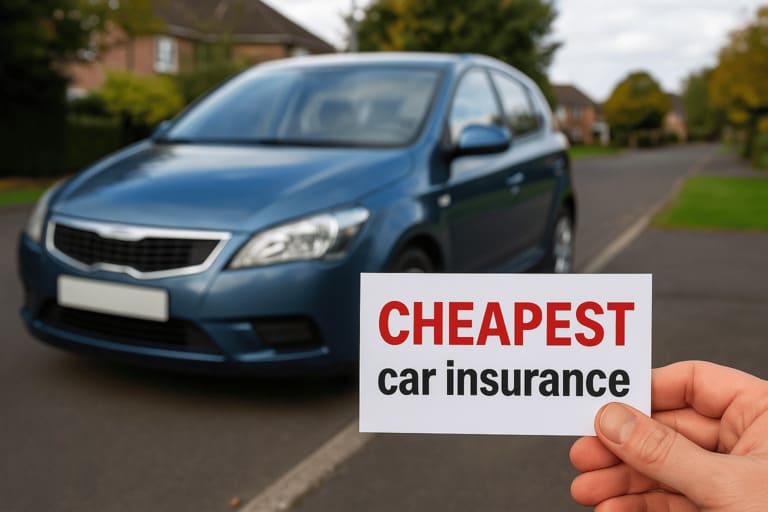Essential Auto Insurance Terminology for New Drivers
If you're a new driver, auto insurance terms can feel like a foreign language. However, once you grasp the basics, understanding your policy—and saving money—becomes significantly easier. With the right vocabulary, you’ll be equipped to compare plans, ask informed questions, and avoid costly mistakes.
Experience: Most new drivers find that familiarizing themselves with these insurance terms enhances their understanding of coverage and boosts their confidence when communicating with their agent or insurer. This knowledge is crucial for navigating the complexities of auto insurance.
In this guide, we break down the most important car insurance words and phrases—so you can make informed choices, read your policy with assurance, and navigate the claims process smoothly. For a comprehensive overview, check out our auto insurance guide.
Essential Vocabulary for Understanding Auto Insurance Terms
Auto insurance protects you financially after an accident, theft, or any damage involving your car. Knowing the key terms is the first step to selecting the right coverage and ensuring you pay a fair price. Understanding these terms can help you make better decisions about your policy and coverage options.
Key Auto Insurance Terms Explained
Below are the must-know definitions for anyone buying, renewing, or switching auto insurance:
Get a Free Auto Insurance Quote
See how much you could save—just enter your ZIP code to compare rates instantly.
Instantly compare rates and find the best deal for your needs.

-
Premium: The amount you pay for your policy, either monthly or yearly. How premiums are set depends on factors like your driving history, age, vehicle, and location.
→ For more ways to save, see our auto insurance discounts guide. - Deductible: The amount you pay out of pocket before your insurance kicks in for a claim. A higher deductible usually lowers your premium but increases your financial risk if you need repairs.
-
Liability Coverage: This coverage pays for injuries or damage you cause to others in an accident. It's required in most states and forms the foundation of every auto insurance policy.
→ Learn more in our bodily injury liability insurance guide. - Collision Coverage: This coverage pays for repairs to your own vehicle after a crash, regardless of who is at fault.
- Comprehensive Coverage: Protects your car from non-crash events, such as theft, fire, vandalism, or storms. It is often paired with collision coverage for complete protection.
Common Questions About Auto Insurance
What is the difference between full coverage and liability insurance?
Full coverage includes liability, collision, and comprehensive insurance. In contrast, liability only pays for damage or injury to others, not for your own vehicle. Understanding this distinction is vital for selecting the right policy.
How can I lower my auto insurance premium?
To lower your premium, maintain a clean driving record, bundle your policies, raise your deductible, and shop for discounts. Always compare quotes from several companies. For additional tips, see our Geico savings tips.
Is auto insurance required by law?
Yes, nearly every state mandates that drivers have at least liability insurance. Be sure to check your state’s minimum requirements to remain compliant. This knowledge can help you avoid legal issues and fines.
Final Thoughts on Auto Insurance Terms
Learning the basics of car insurance vocabulary empowers you to take control of your insurance decisions. If you ever find yourself confused, don’t hesitate to ask your agent for clarification or explore more guides on our site. Ready to find a policy that fits your budget? Start comparing auto insurance quotes today. For a deeper dive into selecting the right coverage, check out our guide on choosing the best auto insurance.
